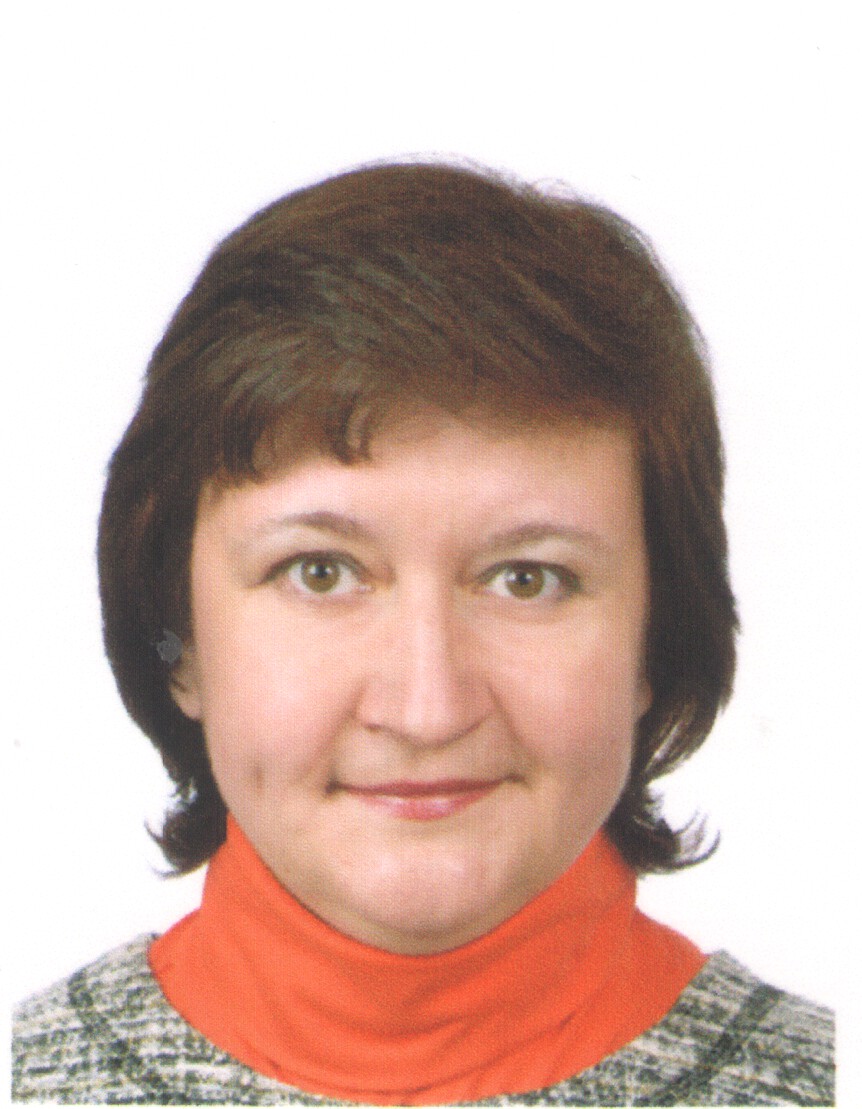The article analyzes the historical experience of organizing anti-epidemic events and the participation of clergy in them in the context of the state-confessional policy of the Russian Empire at the turn of the 19th – 20th centuries. The materials that served as the basis for the study are stored in the Russian State Historical Archive, namely belong to the collection of the fund of the Department of Spiritual Affairs of Foreign Confessions of the Ministry of Internal Affairs. The study revealed that the initiators of attracting clergy, including non-Orthodox and non-Christian ones, to popularize sanitary and preventive activities and to participate in vaccination of the population of Siberia were the heads of both the Main Directorate of Eastern Siberia and a similar body in Western Siberia. The initiative came from Count Muravyov-Amursky, who was Governor-General at that time. The active correspondence of benevolent statesmen aimed to overcome the epidemic as soon as possible. Government officials were aware of the importance of the calls for caution coming from authoritative persons endowed with sacred powers. It is very difficult to achieve unanimity in the organization of anti-epidemic actions, as the practice of recent years has shown. The leadership of the Medical Department of the Ministry of Internal Affairs in the 19th century appealed to a wide range of clerics, without making a distinction in confessions. Orthodoxy had the status of a “state” religion, which left an imprint on the prescribed behavioral strategies of priests and monastics. If the secular authorities avoided imperative orders in relation to non-Orthodox clergy, then this was the tone that was common in the rhetoric regarding the Orthodox clergy. The results of the study are important for understanding the features of behavioral strategies not only during a single anti-epidemic campaign, but also state and confessional policy in Siberia in the 19th – early 20th centuries as a whole.
Key words: General Administration of Western Siberia, General Administration of Eastern Siberia, epidemic, pandemic, vaccination, experience in organizing anti-epidemic measures, smallpox vaccination, antivaxers
DOI: 10.22250/20728662_2023_1_15
About the author
 |
Tatyana G. Nedzelyuk – Doctor of Historical Sciences, Leading researcher at the Department of Regional Studies of Russia, National and State-Confessional Relations, Altai State University; Leading Research Fellow of Tobolsk Complex Scientific Station of the Ural Branch of RAS; 61 Lenin str., Barnaul, 656049, Russia; This email address is being protected from spambots. You need JavaScript enabled to view it. |






